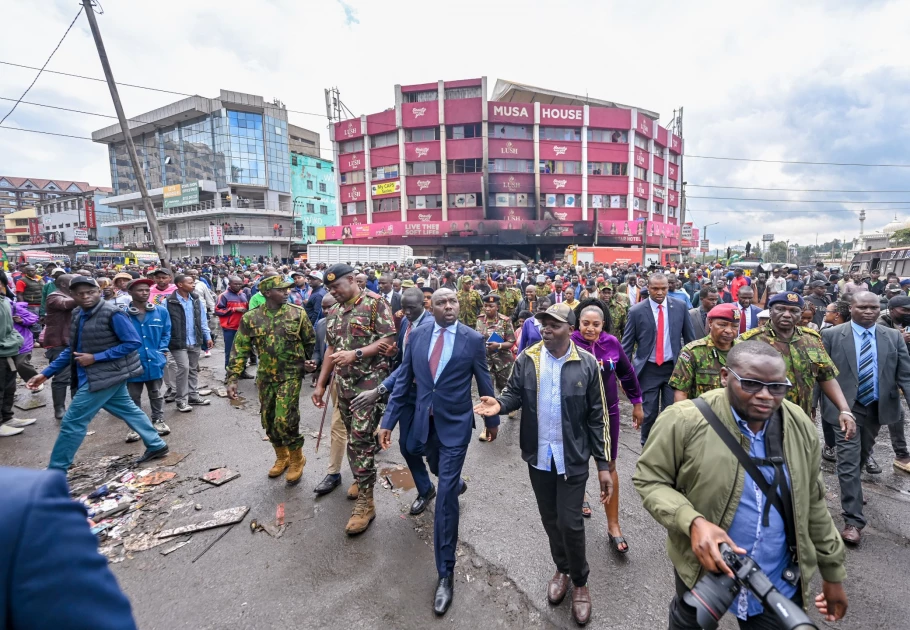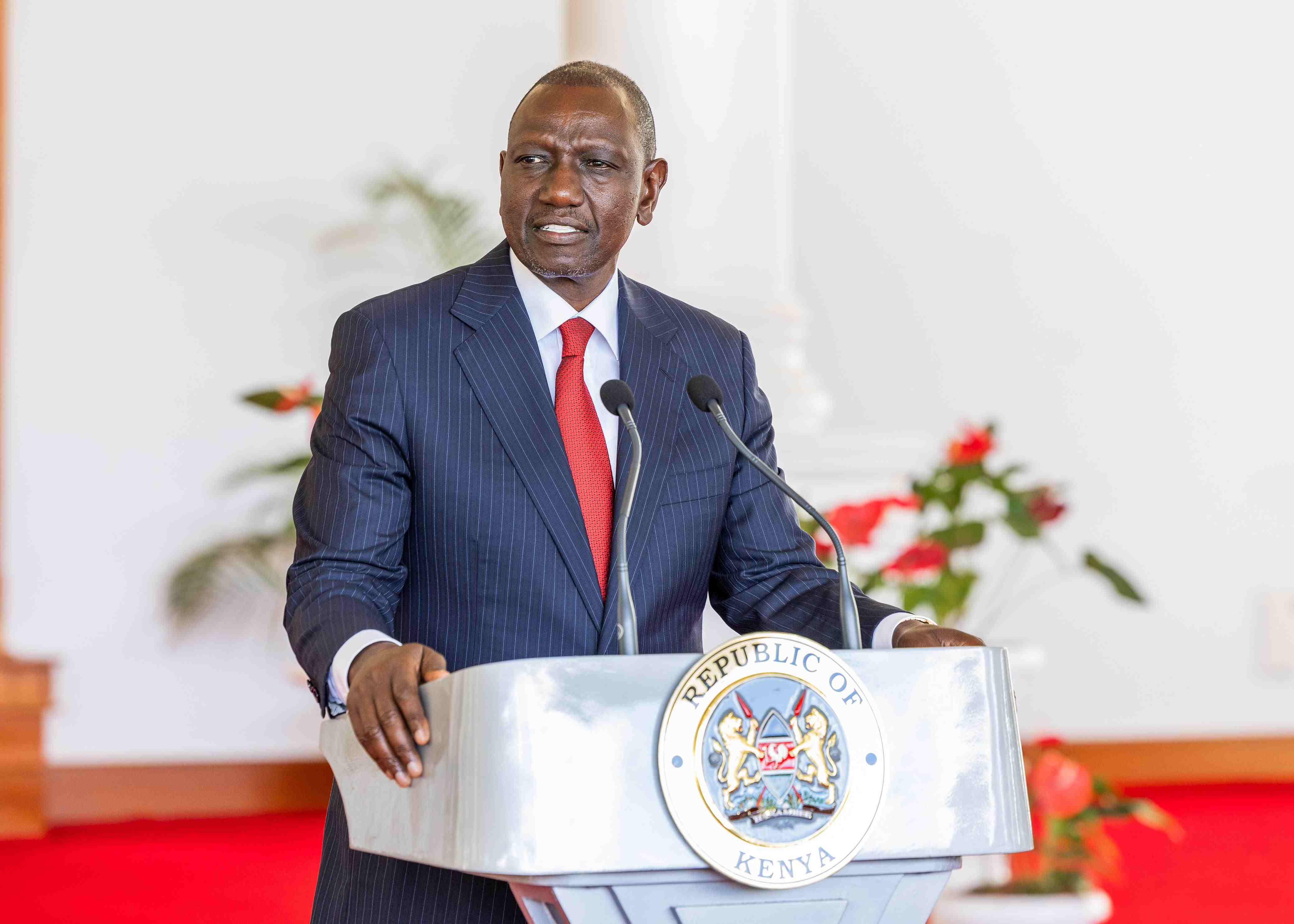Matiang’i Dares Government: Arrest Opposition if Evidence Exists Over June 25 Protests
Former Interior CS Fred Matiang’i has challenged the government to arrest opposition leaders if they truly have evidence linking them to the June 25 protests. He criticized officials for making political accusations without legal action. This comes amid rising political tension and claims of an attempted coup by Interior CS Kipchumba Murkomen.
Former Interior Cabinet Secretary Dr. Fred Matiang’i has openly challenged the government over its claims linking the opposition to the violence and destruction witnessed during the June 25 Gen z wednesday protests. Speaking on Thursday, June 26, 2025, during a visit to victims of police brutality at Kenyatta National Hospital, Matiang’i was accompanied by Wiper Party leader Kalonzo Musyoka and Kisii Senator Richard Onyonka. He condemned the violence that occurred but strongly criticized the government for using the incident to unfairly blame opposition figures without presenting credible evidence.
Matiang’i urged government officials to act on facts rather than resorting to political threats in the country and unsubstantiated accusations. “If indeed the opposition was involved in organizing or funding the destruction, then arrest them. You have the power and the institutions — don’t just talk howly, take action,” Matiang’i stated firmly. His remarks underscored a demand for accountability and proper legal procedures rather than public condemnation without follow-through.
He expressed concern over how senior leaders, especially Cabinet Secretaries, have politicized law enforcement. According to Matiang’i, making such serious accusations in press conferences instead of courts undermines the rule of law and contributes to public mistrust. He argued that public officials must be held to a higher standard, especially when dealing with issues as sensitive as national security and political unrest.
His comments came in direct response to earlier remarks by Interior Cabinet Secretary Kipchumba Murkomen, who had claimed that the protests were more than just civil demonstrations. Murkomen alleged that the June 25 demonstrations were a planned and well-funded attempt to destabilize the government — even likening the events to an attempted coup. He claimed that intelligence and surveillance footage showed cash being distributed to protesters and accused the organizers of inciting mass looting and destruction targeting assets linked to government allies.
Murkomen’s statements have been heavily criticized by opposition leaders, who argue that such accusations are part of a wider government campaign to instill fear and suppress legitimate dissent. They insist that the demonstrations were peaceful and constitutionally protected expressions of public frustration, particularly by young Kenyans dissatisfied with governance issues.
Matiang’i insisted that if government officials have concrete evidence, they should allow the criminal justice system to take its course, rather than turning political platforms into courts of law. He accused Murkomen of using dramatic rhetoric to sway public opinion instead of backing claims with legal action.
He warned that such behavior only serves to escalate political tensions and deepen divisions in an already polarized nation. “When Cabinet ministers make claims they cannot prove in court, they damage the very institutions they are supposed to protect,” Matiang’i said.
As both the government and opposition stick to their narratives, Kenya finds itself at a crossroads. The events of June 25 have sparked what many are calling a defining chapter in the countrys protest culture — one marked by a growing youth-led movement demanding accountability, transparency, and real change. With political temperatures rising, calls for a return to lawful, fact-based governance are growing louder.


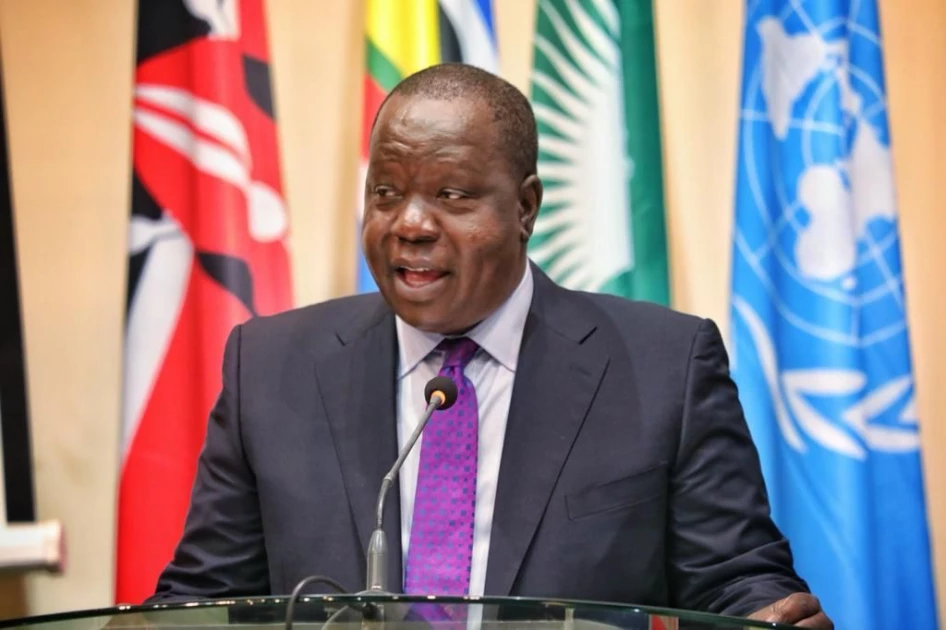

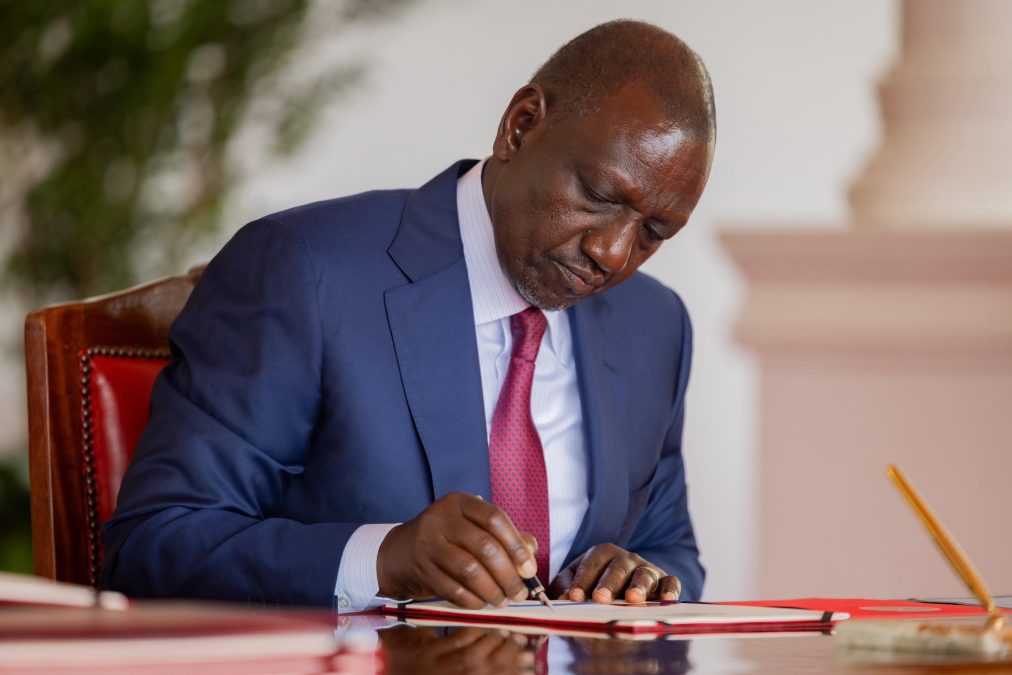
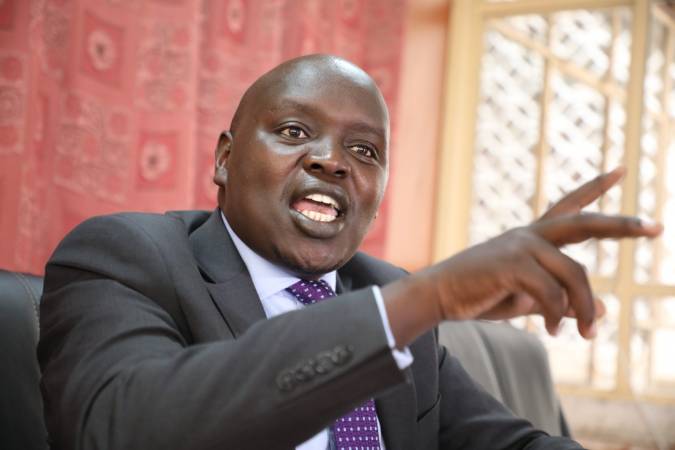
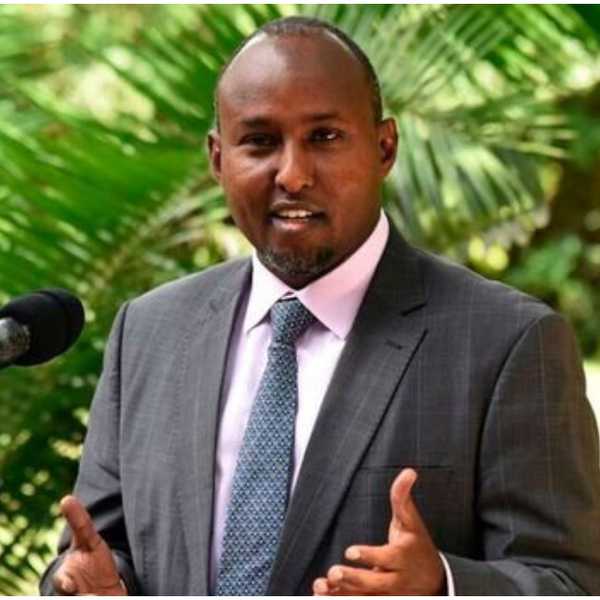
-og_image.webp)
